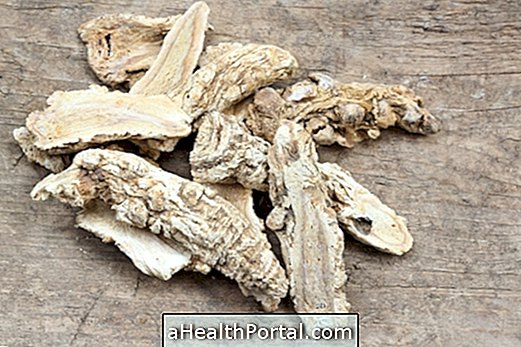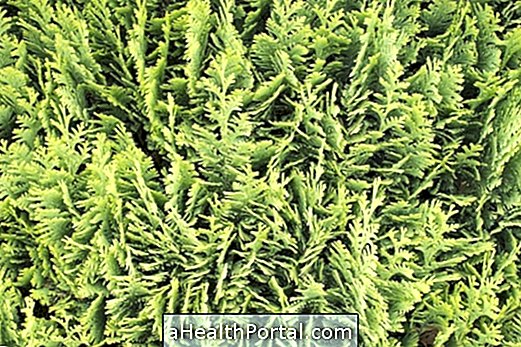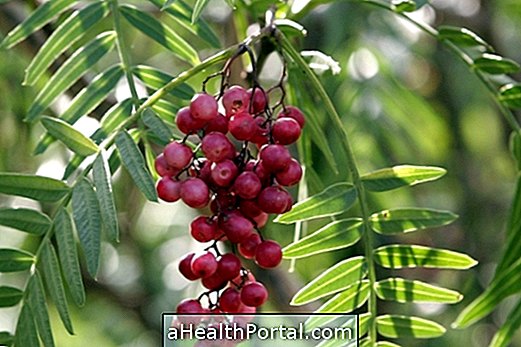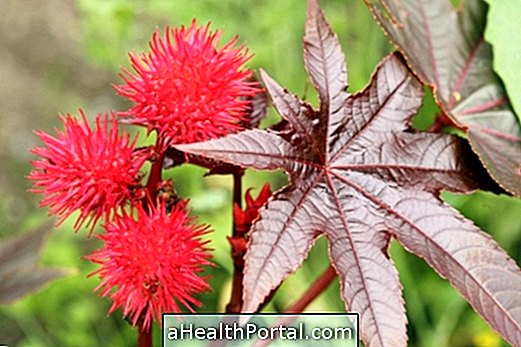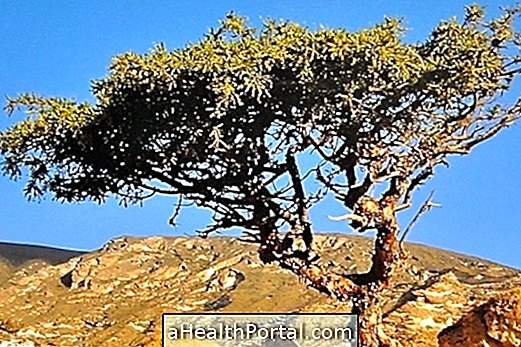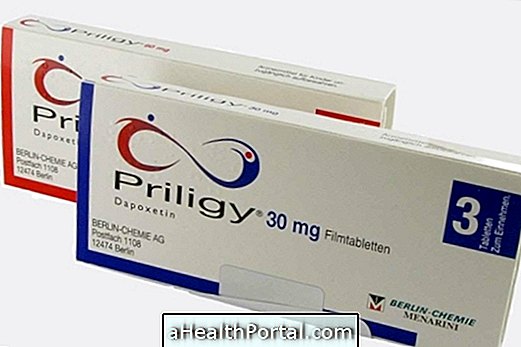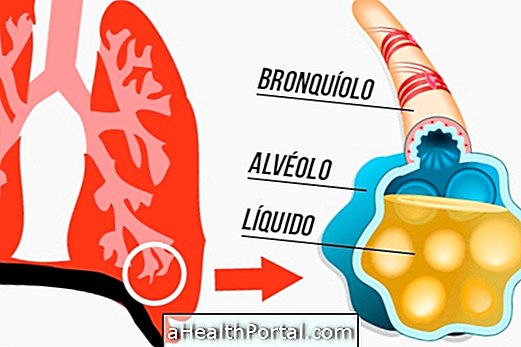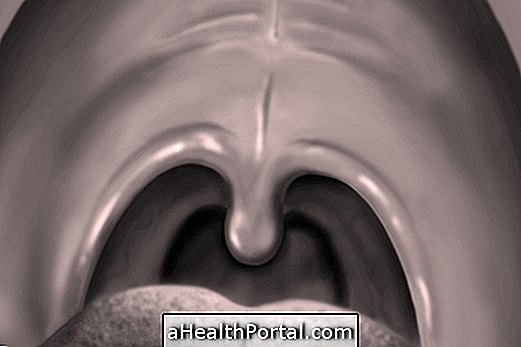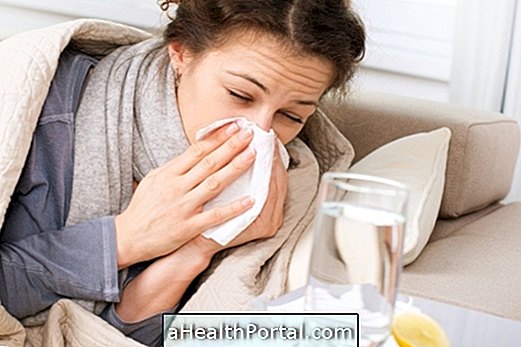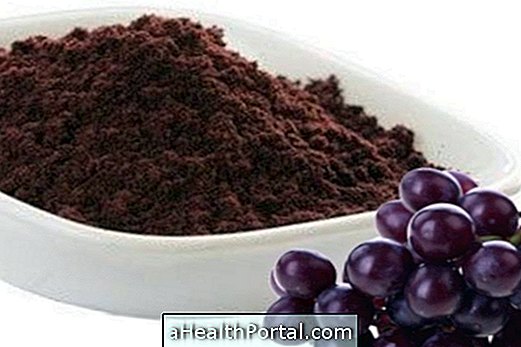Echinacea is a medicinal plant, also known as Cone Flower, Purple or Rudbeckia, widely used as a home remedy in the treatment of colds and flu.
Its scientific name is Echinacea purpurea and can be bought in natural products stores, open markets and manipulating pharmacies in its natural form or in some supermarkets, in the form of sachets.
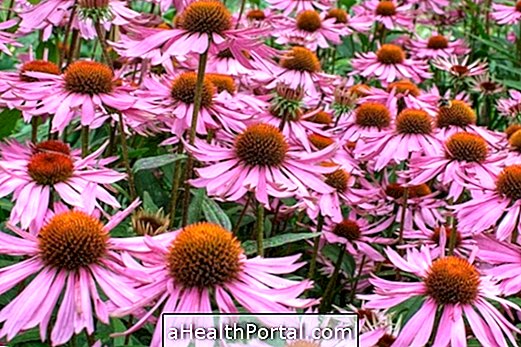
What Echinacea is for?
Echinacea can be used to help treat colds and flu, respiratory infections, urinary tract infections, candidiasis, tooth and gum pain, rheumatoid arthritis, and viral or bacterial diseases, due to their properties:
- Anti-inflammatory;
- Antioxidant;
- Antibiotic;
- Detoxifying;
- Immunostimulant;
- Antiallergic
In addition, it can also be used to heal lesions and as a disinfectant for abscesses, boils, superficial wounds, burns and intoxications such as snake bites.
How to use
The used parts of Echinacea are the root, leaves and flowers, and can be taken in various forms, such as:
1. Echinacea tea
Echinacea tea is a great solution to take in cases of flu and colds.
Ingredients
- 1 teaspoon root or echinacea leaves;
- 1 cup boiling water.
How to prepare: put 1 teaspoon of the root or leaves of Echinacea in a cup of boiling water. Let stand for 15 minutes, strain and drink 2 times a day.

2. Echinacea Compresses
Echinacea can also be used on the skin by applying a paste based on echinacea roots and leaves.
Ingredients
- Leaves and roots of echinacea;
- Cloth moistened with hot water.
How to prepare: knead the leaves and roots of echinacea, with the help of a pestle, until forming a paste. Then it should be applied to the affected area with a cloth moistened with hot water.
3. Tablets or capsules
Echinacea can also be found in the form of capsules and tablets, in pharmacies or health food stores, such as Enax or Imunax, for example. The usual dose is 300 mg to 500 mg, 3 times daily.
Who should not use Echinacea
Although it has many benefits, echinacea is contraindicated in the case of allergy to plants of the family Asteraceae, as well as to patients with HIV, tuberculosis, collagenosis and multiple sclerosis.
Side effects
The adverse effects of Echinacea purpurea are fever, nausea, vomiting, and unpleasant taste in the mouth after taking. Several allergic reactions may occur, such as itching and worsening of asthma attacks.
